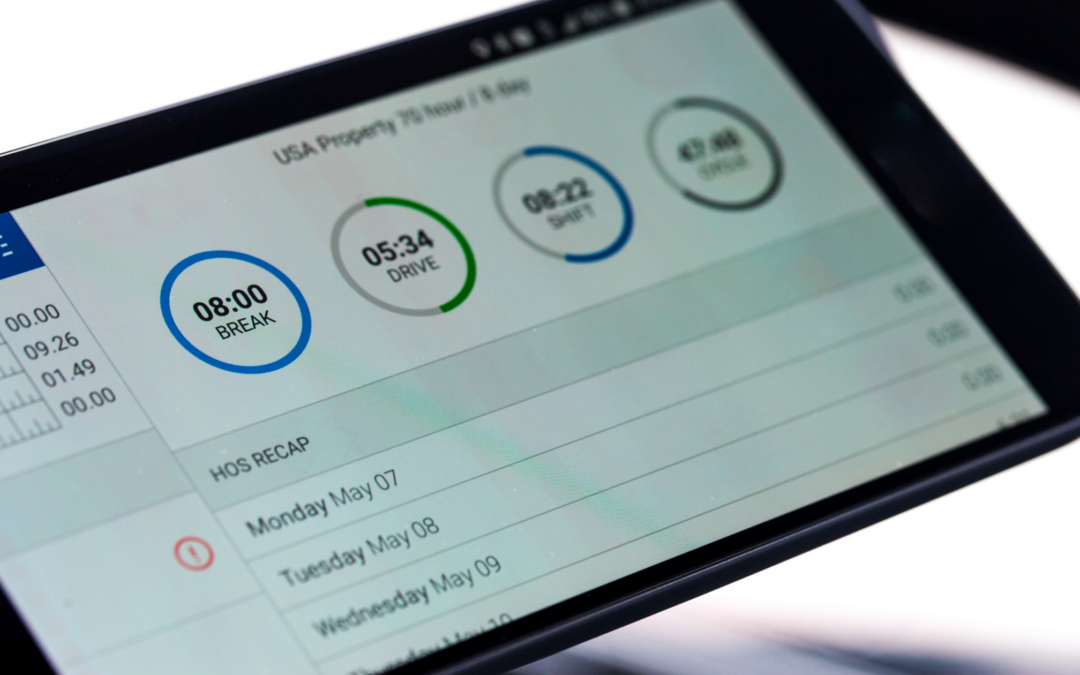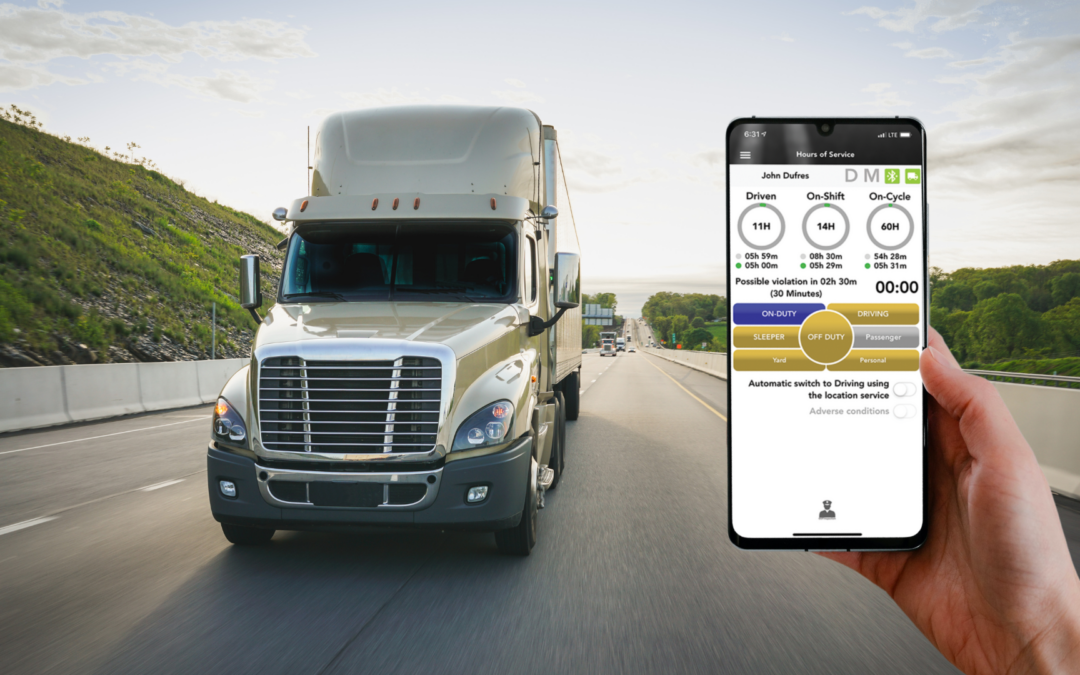


Ultimate platform for GPS tracking and IoT
The iOS and Android app for accessing the Astreon platform
Improve Safety, Reduce Liability & Save Money
AI video telematics and connected fleet data solutions
Fully Certified – Canadian Mandate & FMCSA
Trusted by 2000+ fleets across North America
Control crops rotation and field work with Hecterra
We developed Logistics service for you to manage delivery operations
The module is designed to calculate fuel consumption in any type of machinery, from vehicles to filler trucks
The web application to plan, control, and record expenditures for maintenance
WiaTag turns a mobile device into a tracker and allows controlling field operation and mobile staff performance
Digital inspection application with built-in workflows to automate and streamline business processes
NimBus is designed to control fixed routes vehicles
Eco Driving – the solution to monitor driving quality
A complete and fully customizable software platform

